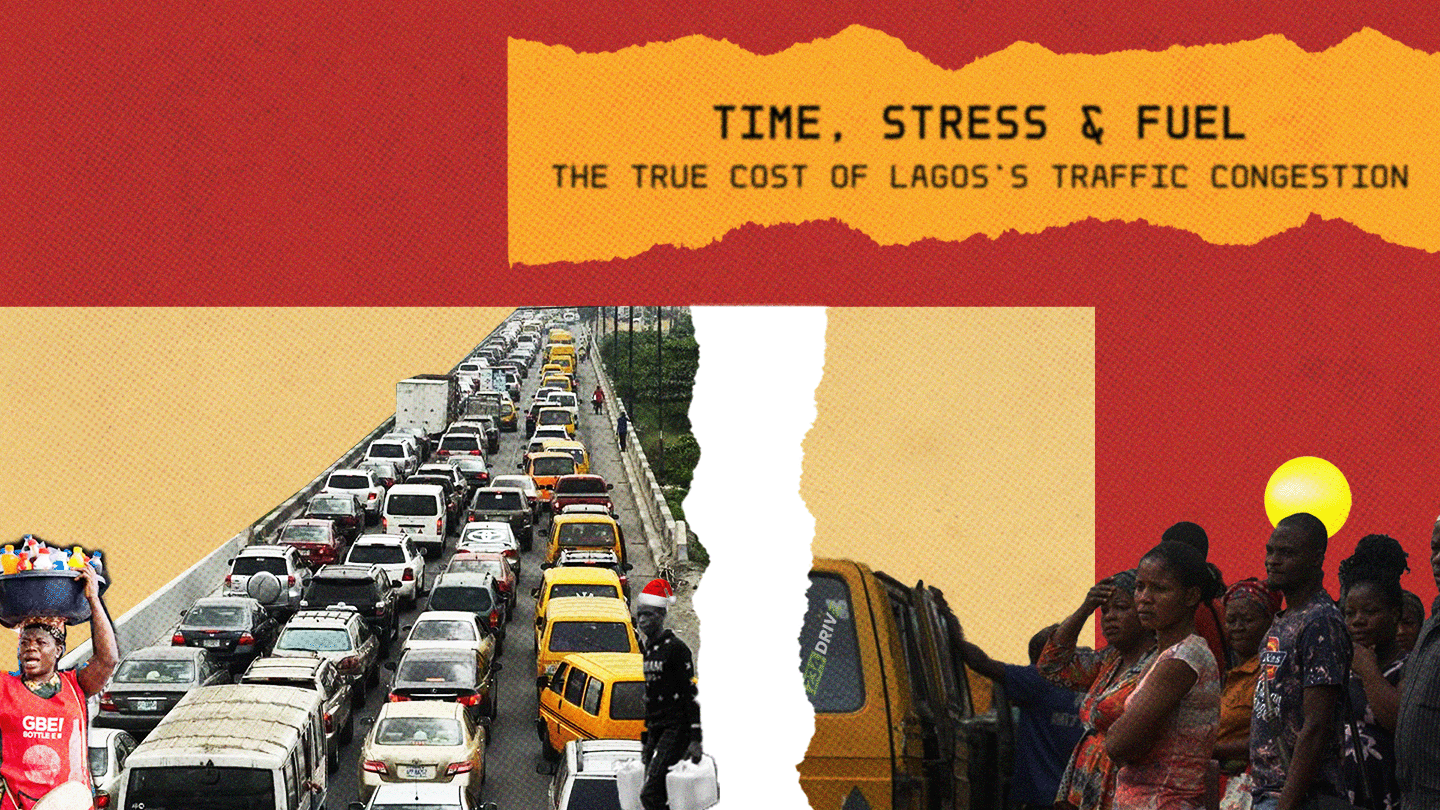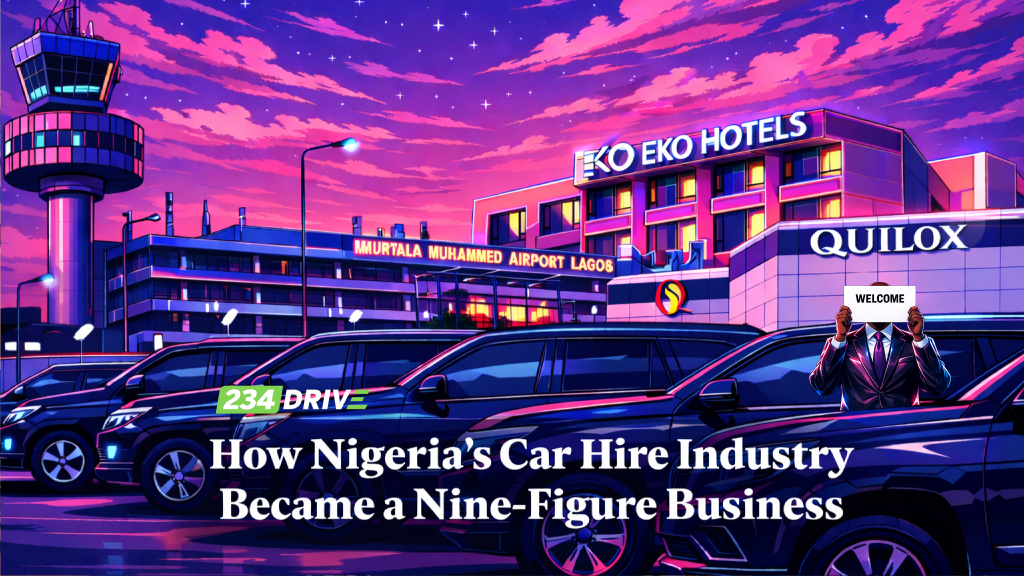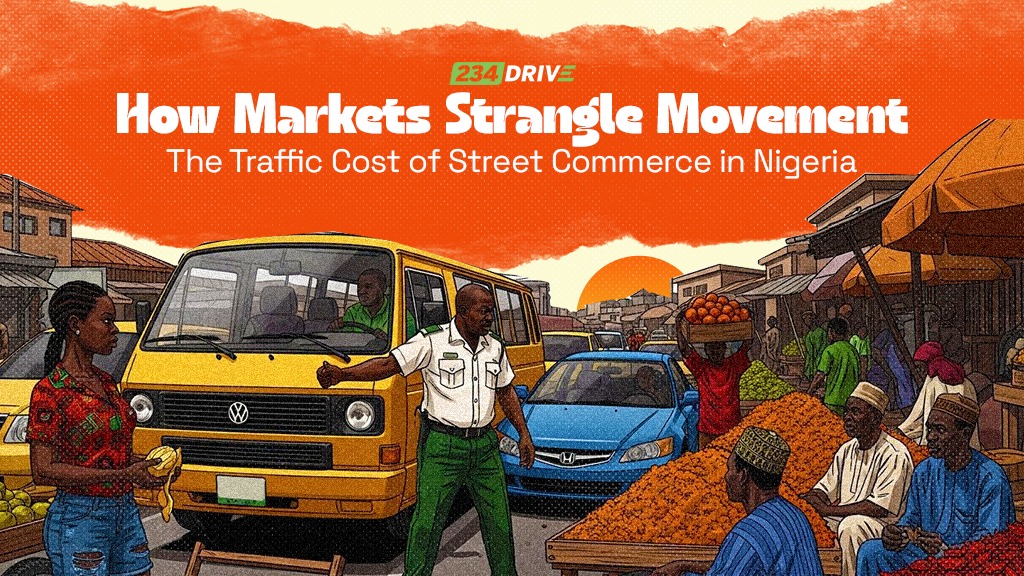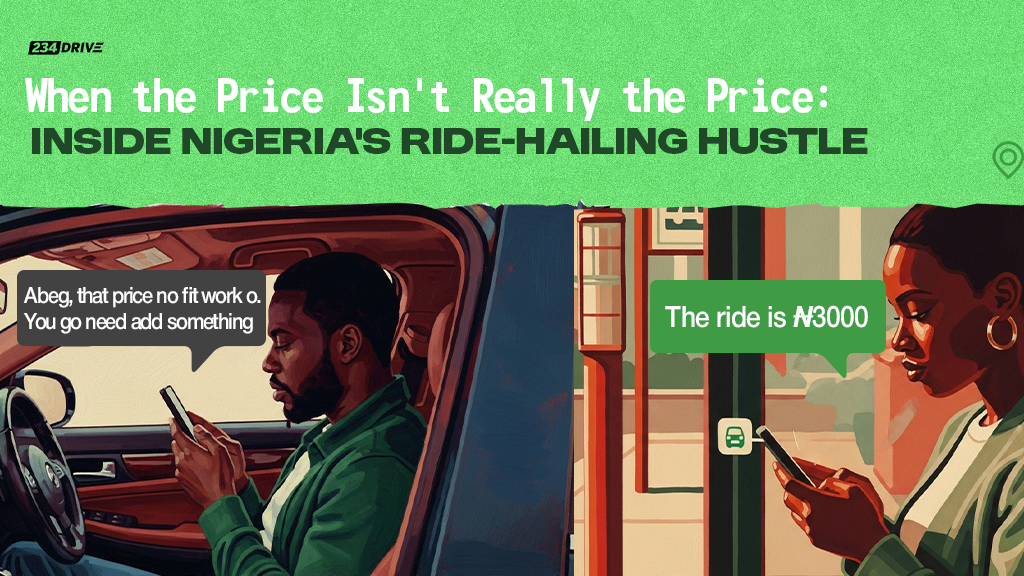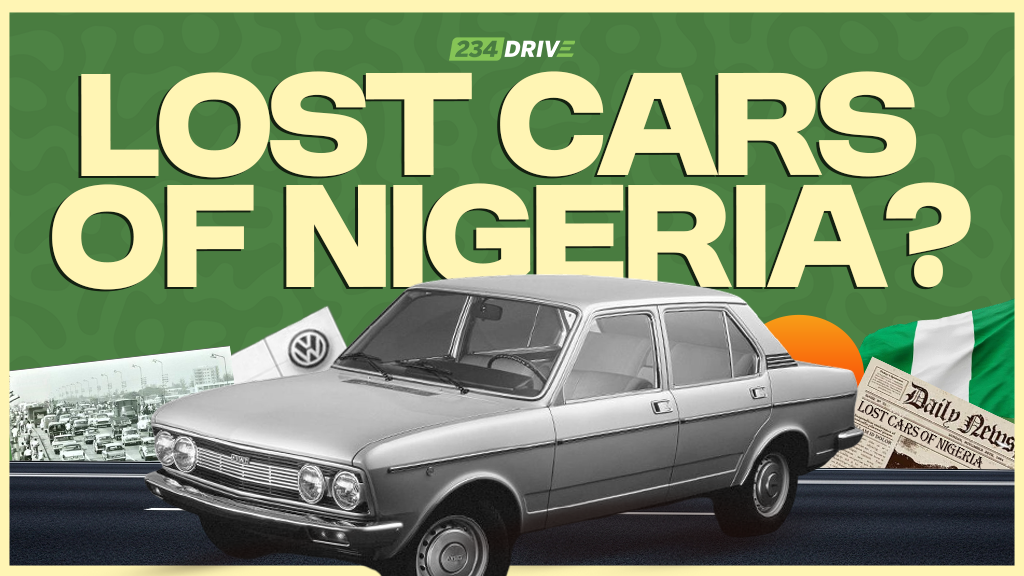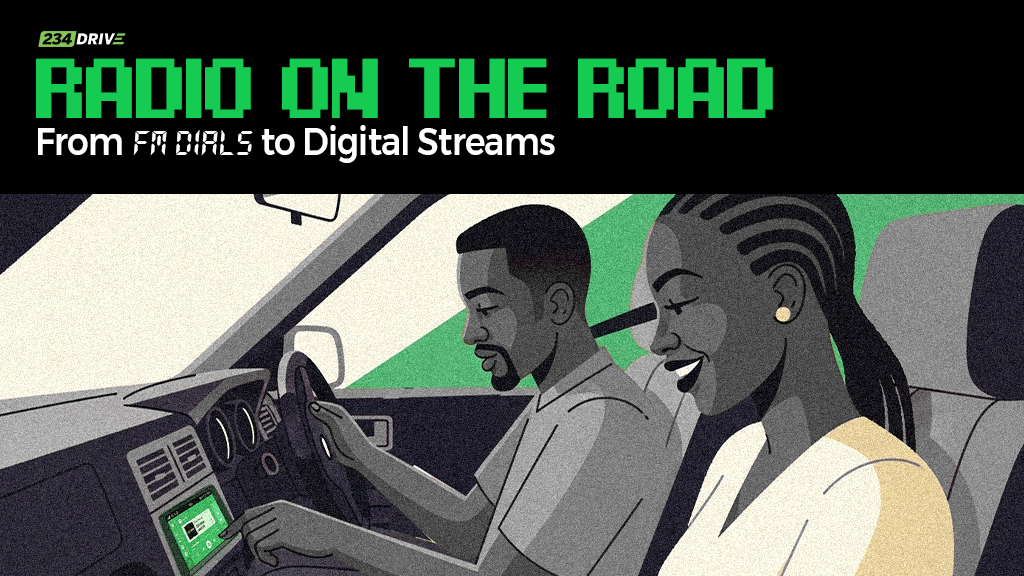As cities expand, traffic congestion inevitably becomes a growing challenge. Even in developed nations like the United States, congestion continues to be a persistent issue, despite advancements in technology. One might expect artificial intelligence or some cutting-edge technology to have addressed the problem by now, but no one is truly free from the grip of traffic congestion. However, in Nigeria, especially in Lagos, traffic jams don’t just hold you; they rough you up. They leave you looking tattered and battered, like a warrior after a long, grueling battle. And not just any warrior, but one who’s been defeated, because in Lagos traffic, you lose more than just time—you lose your sanity.
Motorists in Lagos are now forced to account for the inevitable time spent in traffic before even setting out on their journey. The daily struggle begins before dawn, with many Lagosians waking as early as 4 or 5 AM in an attempt to beat the rush. Yet, even this early start does not guarantee success. As evening falls, leaving work after 6 PM often means bracing up for hours of gridlock. During festive periods like Detty December, when concerts and events are frequent, traffic congestion can extend into the early hours of the morning, prompting some to abandon their vehicles and proceed on foot. Public transportation offers little relief, with passengers crammed into buses, enduring the heat of nearby engines and the relentless noise of honking horns.
If Lagos had synonyms, “traffic” would undoubtedly be one of them. While other Nigerian cities such as Abuja, Port Harcourt, and Ibadan experience traffic congestion, particularly during rush hours or following accidents, it is relatively mild compared to Lagos. In these cities, one can often depart 10 to 30 minutes before an appointment and still arrive on time. However, in Lagos, it is necessary to leave hours in advance, with no certainty of arriving on time, depending on the time of day. The relative ease of movement in these cities highlights the extreme severity of Lagos’ traffic challenges.
Amidst Lagos’ notorious traffic, a unique roadside economy has emerged. As soon as there’s a hint of congestion, mobile vendors appear, turning the road into their marketplace. These street hawkers seem to possess an uncanny ability to anticipate needs, often presenting items you considered buying just days before. They sell everything from snacks and clothing to windshield wipers, books, and more—there’s something for everyone, provided your wallet is loaded. If you get bored sitting in traffic, you might even come across some art displayed for sale, reflecting the beauty in the midst of chaos. For those weary of the gridlock, this artwork offers a brief distraction from reality.
Another set of hustlers has become common: the mobile car washers. They swiftly clean vehicles while drivers are stuck in traffic, often doing a good job. Motorists, particularly those who left home with a dirty car, frequently feel obliged to reward their efforts. “Another man’s food is another poison”. For these hustlers, a traffic jam is not just an inconvenience but an opportunity, turning congested roads into makeshift marketplaces.
Despite the routine nature of traffic jams, the hidden health hazards they pose are far from ordinary. Prolonged exposure to such conditions can have serious consequences. For instance, constant inhalation of exhaust fumes, particularly from aging Danfo buses, can significantly worsen respiratory issues such as asthma and bronchitis. Consider the danger for an asthma patient stuck behind one of these buses in traffic—it could easily trigger a life-threatening attack. The stress of enduring relentless traffic, coupled with the incessant noise of honking horns, also has a detrimental effect on cardiovascular health, increasing the risk of heart disease, hypertension, and even heart attacks. The mental strain is equally concerning, as the daily frustration of traffic congestion can lead to chronic stress, anxiety, and depression, with the potential for burnout.
For those dependent on public transportation, the physical discomfort is undeniable. Cramped seating in poorly designed vehicles restricts blood flow, leading to chronic back pain, neck strain, and muscle stiffness. A sedentary lifestyle, compounded by stress-induced unhealthy eating habits promoted by roadside vendors, further contributes to obesity and metabolic disorders. Additionally, fatigue from long commutes impairs judgment, increasing the risk of accidents. In extreme cases, drivers have been known to fall asleep at the wheel, requiring a nudge from fellow motorists to stay alert. These health hazards underscore the true cost of enduring prolonged traffic congestion.
The traffic situation in major cities represents a silent crisis that extends far beyond mere inconvenience. Its impact on physical health, mental well-being, and overall quality of life is profound and far-reaching. As urban populations continue to grow, addressing this issue becomes not just a matter of urban planning, but of public health.
While solutions may be complex and long-term, raising awareness of the problem is the first step toward meaningful change. By recognizing the true cost of traffic congestion in terms of time, health, and human potential, we can begin to prioritise and implement strategies to alleviate this burden on city residents and visitors alike. For a broader perspective on traffic congestion, check out our video highlighting African countries with the most severe traffic issues.


